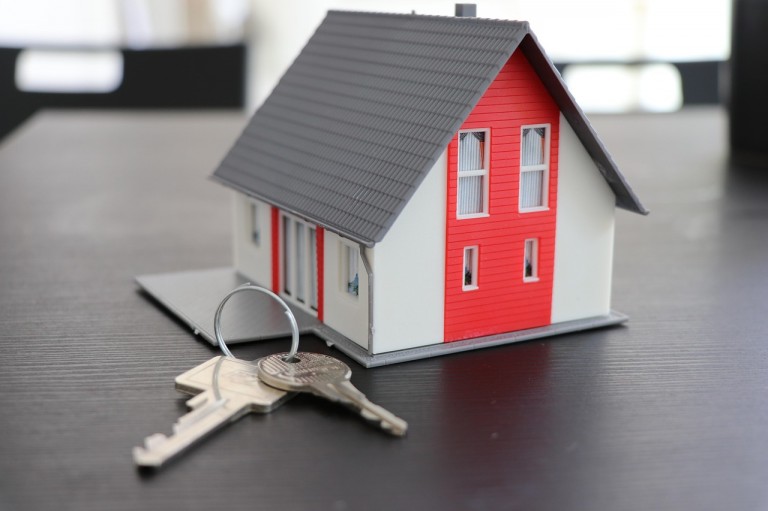


Navigating the property market can be a bit like a treasure hunt, especially when it comes to understanding the difference between leasehold and freehold properties. As a seller, grasping these concepts is vital to smooth sailing through the selling process.
Freehold: The Complete Ownership
Freehold ownership is like owning the ultimate treasure chest. You have complete ownership of both the property and the land it stands on. This is the most straightforward form of ownership and is commonly associated with houses. Buyers often favour freehold properties as they come without the added burden of ground rent or lease terms.
Leasehold: A Time-Bound Jewel
Leasehold ownership is akin to having a time-limited treasure. You own the property but not the land it sits on, which is typical for flats and apartments. Leaseholders usually pay ground rent and service charges, and the lease comes with a fixed term, ranging from 99 to 999 years.
Why It Matters When Selling
When selling a leasehold property, potential buyers will be keen to know:
Properties with short leases (under 80 years) can deter buyers or diminish value. Extending the lease before selling could enhance your property's appeal.
Be Prepared with Paperwork
For leasehold sales, securing a management information pack from the freeholder or managing agent is crucial. This pack reveals essential details about lease terms, charges, and maintenance history. Obtaining this early can prevent sale delays.
Understanding your property's tenure and communicating it clearly can help avoid surprises and expedite the sale. Whether leasehold or freehold, being upfront and well-prepared puts you in the strongest possible position. If you're considering selling, our team at Bond Residential is here to help guide you through the process with ease.
Image: Pixabay
Book a Valuation
Or call us today on
01245 500599